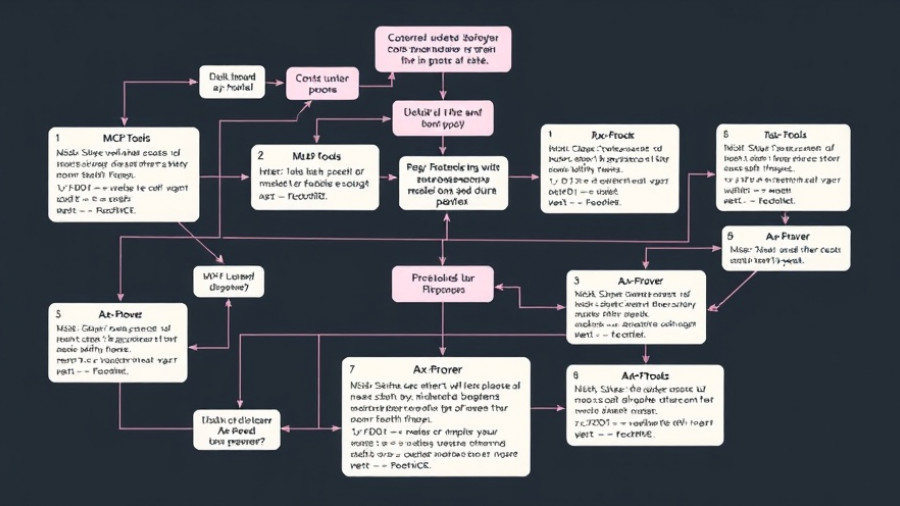
Unveiling ASI-1 Mini: The Future of AI Empowerment
In an exciting development for artificial intelligence enthusiasts, Fetch.ai has launched the ASI-1 Mini, positioned as the world's first Web3-native large language model (LLM). This model is celebrated for its unique capacity to drive agentic AI workflows, making it a powerful tool for developers and businesses alike.
Redefining AI Accessibility
The ASI-1 Mini brings an unprecedented leap in AI accessibility by promising performance on par with leading LLMs while drastically reducing required hardware. Operating effectively on just two GPUs, it enhances hardware efficiency by an estimated eight-fold. Such capability could lower infrastructure costs significantly, rendering advanced AI technologies viable for a much larger spectrum of enterprises.
Decentralisation at the Core
One of the cornerstone philosophies behind Fetch.ai's ASI-1 Mini is the democratization of AI. This launch emphasizes that not only will the community use this model but also contribute to its training and investment, fostering genuine ownership in the model's growth. According to Humayun Sheikh, CEO of Fetch.ai, this community-driven approach is set to create a shared value model that benefits content creators and developers alike.
Dynamic Reasoning Modes: A Game Changer
ASI-1 Mini introduces four dynamic reasoning modes—Multi-Step, Complete, Optimized, and Short Reasoning—tailored to support various tasks. This adaptability allows for intricate problem-solving capabilities while maintaining efficiency, crucial for applications ranging from medical insights to financial analyses.
Building Towards the Future with Agentic AI
As a part of its planned updates, Fetch.ai is preparing to roll out enhancements including advanced tool integration and multi-modal capabilities. These improvements promise to augment ASI-1 Mini's automation capabilities, making it an increasingly indispensable tool in the rapidly evolving landscape of AI technologies.
Counterarguments and Diverse Perspectives
While the advancements presented by ASI-1 Mini are commendable, there are varying thoughts in the tech community regarding decentralization in AI. Critics often raise concerns about the responsibility and transparency of AI models, especially when they are community-driven. Fetch.ai is addressing these issues through enhanced transparency measures aimed at minimizing the infamous black box effect typical of many AI systems.
Looking Ahead: Market Implications
The wider implications of the ASI-1 Mini's launch are substantial as it paves the way for numerous use cases across sectors. As the demand for efficient and capable AI models rises, Fetch.ai's focus on web3 integration places it at the forefront of AI evolution, potentially leading to the creation of multi-billion-dollar valuations in advanced AI markets.
Conclusion: Embrace the Future of AI
In conclusion, the ASI-1 Mini is more than just another AI model; it's a harbinger of a new era in the intersection of artificial intelligence and blockchain technologies. By offering a decentralized approach to AI development, Fetch.ai is not only enhancing technological capabilities but also empowering a community of developers and enthusiasts to participate in shaping the future of AI.
For those intrigued by this innovative shift in AI, following developments in decentralized models and participating in community-driven projects can unveil numerous potential benefits within the ecosystem.
 Add Row
Add Row  Add
Add 


Write A Comment